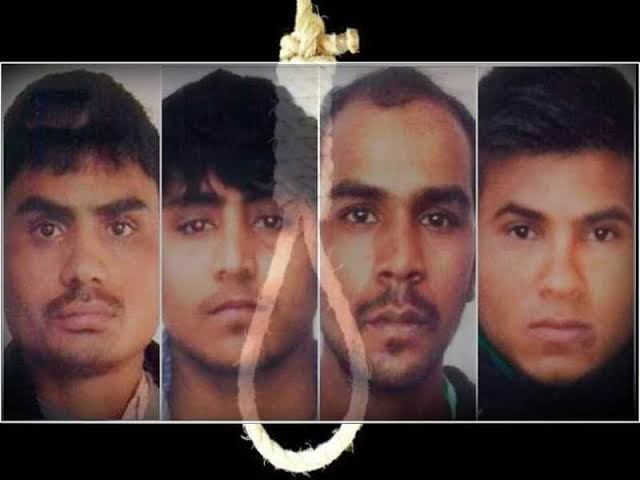It is important in a democracy that the institutions and systems that it runs should maintain and keep promoting their mutual strengths, reliability, respectability and credibility. It is said that any democratic society depends on all the three pillars of the governance system – namely, the executive, the legislature and the judiciary. Although some also add the media, the Indian Constitution does not mention it anywhere as a part of the System. Problem today, in our country, is that its institutions and systems are losing their strengths, vitality and even reliability. This must come as a sad commentary on the system of democracy itself.
Take the Nirbhaya case, for instance. Weeks ago, seven years of judicial process appeared to be reaching its climax in the conviction and sentencing to death of four culprits. But, it keeps dragging again and again. Some time ago, one among the perpetrators of the gang-rape and mutilation committed on a moving bus in New Delhi by that bus crew in December 2012 had been allowed to go scot-free. This, on the ground that he was a juvenile at the time the crime was committed. Starkly, as per the case, he was the most brutal among the gang of rapists. Letting him out in the social mainstream again without considering how he would conduct himself in future is, sadly, a concern neither of the establishment nor of the vaunted system here.
Worse, at the last stage of the processes leading to the execution of the culprits, several roadblocks are being created apparently or allegedly to thwart the course of justice-dispensation. A Patiala House court in the capital halted the executions at the last minute. In fact, one after another, lawyers for each of the convicts started raking up what are seen as flimsy issues, with the suspected purpose of stretching provisions of law to even ridiculous lengths. An argument advanced for one of the convicts was that he was ‘raped’ or homosexually abused while in jail, and the court must answer his question now – as to whether he was put in jail to be raped, an action that violated his fundamental right to remain unharmed in prison.
Another ridiculous argument put forward was that since pollution is killing large number of people so, was the killing of a girl by gang-rape – of the hapless paramedic – a larger crime so as to warrant a death sentence. All possibilities under the sun are being explored or issues extricated in suspected mischievous manners to block the normal process of justice dispensation. Lawyers did these in the name of the convicts they represented. This could be tantamount to a miscarriage of justice, by way of lawyers appropriating the long rope to play around, to indulge in a trapeze act, and to cock a snook at law itself. This is seen as a painful moment in the judicial history of India.
All these, after the Supreme Court – the top court – made it clear that the convicts must hang. In the Indian judicial system, the Mercy petition to President of the Union is the last resort granted for a convict to escape the gallows. But this too has been attempted by these convicts individually, and one after another. The whole exercise would now look like a comic opera centering on the courts in the national capital.
Notably, again, the precious time of courts is being wasted as a result every day. Even granted that lawyers are allowed to explore each and every option available before them as is granted to convicts in a logical manner, question is how far things can go.
The Union Government and Delhi Police have moved the Delhi High Court Saturday to say that the four convicts – or lawyers on their behalf – have taken the ‘legal process for a ride’. These two entities also sought court’s order to fast-track the hangings of the four on the death row. While lawyers have the right to move court on any matter, it is incumbent on the judicial system as a whole to zealously maintain and promote its image of being an institution of high credibility, respect and dependability, and use its precious time in a highly judicious manner.
A plea from the Union Government to the Supreme Court in this connection, this past week, was to revisit the guidelines vis-à-vis the convictions, mercy pleas, and implementation of the death sentences. Citizens can only hope that this plea itself will not be misused by some lawyers now to buy more time to the death-row convicts on the ground that since a review is being proposed at the highest level, hangings may be stalled. Nothing is impossible in India.
